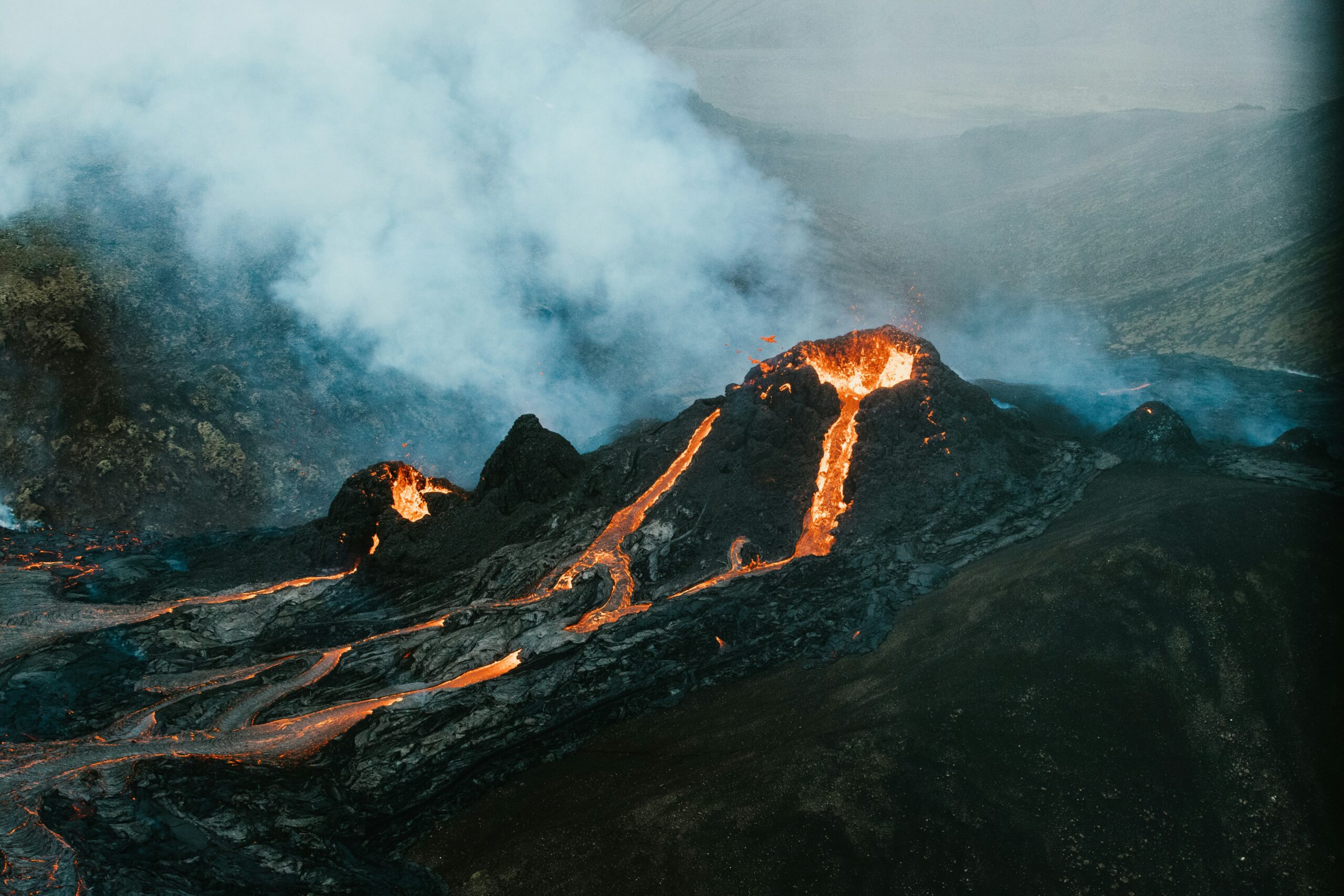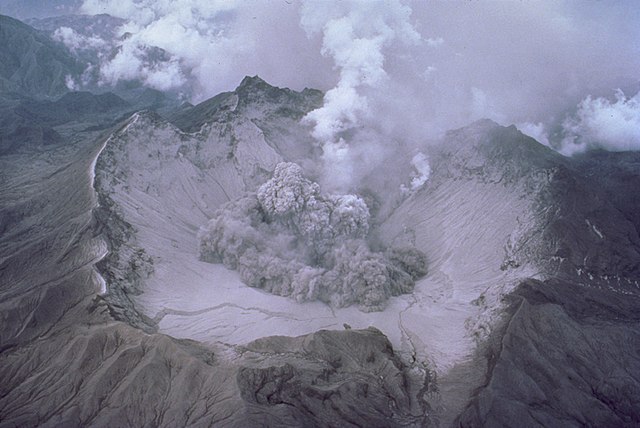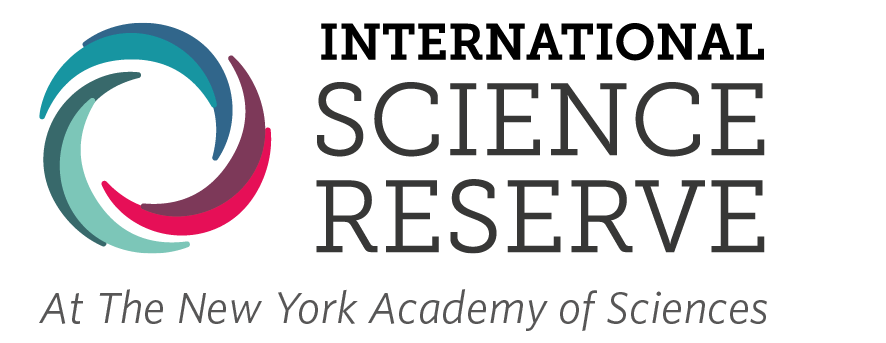Preparing for Abrupt Hazard Events with a Gamified Volcanic Eruption and Supply Chain Disruption Scenario
by ISR Staff

Iceland recently marked the 15th anniversary of the eruption of its Eyjafjallajökull volcano, which erupted in 2010 and sent volcanic ash across Europe. The volcano’s impact brought Europe’s aviation system to a standstill with more than 100,000 canceled flights.
Depending on the size and scale of an eruption, volcanic ash can blanket large areas of farmland, smother crops, and even make the soil less fertile while causing even further-reaching effects on global food security. The ash from the 2010 eruption not only coated and destroyed local Icelandic farmers’ agricultural fields, but the mass flight cancelations left farmers as far away as Kenya with rotting vegetables and thousands of workers were laid off.
Eyjafjallajökull’s eruption was relatively small by global standards, yet contemporary volcanic eruptions provide important clues for researchers studying the vulnerability of interconnected global systems like aviation and food supply chains during a crisis—and how to strengthen them ahead of future hazards.
Larger eruptions, such as Mount Pinatubo in 1991, spewed out enough sun blocking material to shade and cool the planet, leading to larger and longer-term climatic impacts. More recent research has shown that climate change may make the impact of volcanic eruptions wider by spreading ash further—causing more disruption and potential for a cool down in the climate.

In the International Science Reserve’s latest “serious game,” the Volcanic Eruption Game, we put scientist in the driver’s seat to play out what they would do during a hypothetical volcanic eruption. In the game, a volcano erupts in Indonesia and injects dangerous levels of sulfur into the atmosphere.
The game asks players to be decision-makers in crisis. Players must consider how the eruption will disrupt food supply chains around the world and how to reduce the scenario’s most harmful impacts. By playing this game, the players are able to explore how to respond to an abrupt hazard event like a volcanic eruption, and how their choices may change based on shifting situations, incomplete information, and risk assessments.

The International Science Reserve, now a network of scientists more than 20,000 scientists and scientific institutions, uses games to simulate real-life scenarios or drills that can improve the capacity to collaborate, communicate, and make informed decisions in high-pressure crisis situations. Gamification through ISR’s suite of “serious games,” makes the experience of learning crisis preparedness skills more engaging for participants, encouraging wider participation, and contributing towards a culture of readiness.
Ready to try it out yourself? Play the ISR’s Volcanic Eruption Game! Earn badges, climb the leaderboard, and be recognized as a top player and top contributor in a global scientific community.


